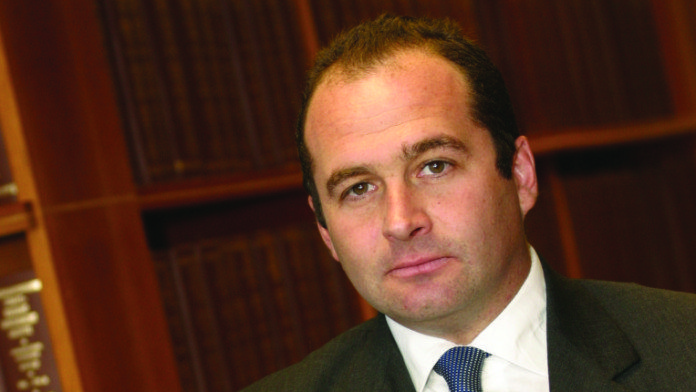
ATTORNEY Malan Scholes has amended its application to challenge the validity of the Mining Charter in its entirety. The challenge was now being brought only to the second and third versions of the charter, Malan Scholes director, Hulme Scholes, said on Wednesday.
Speaking on the sidelines of the Afriforesight Future of Bulk Commodities Conference, he said Malan Scholes’ view, based on a recent High Court ruling on the issue of “once empowered, always empowered”, was that the first version of the Mining Charter was the only one that the mines and energy minister had the power to implement in terms of the Mineral and Petroleum Resources Development Act of 2002.
Charters 2 and 3 should be set aside because the MPRDA did not give the minister any powers to amend existing charters or create new ones, he said.
At this point, Malan Scholes was waiting for the Minerals Council of SA to file an affidavit either supporting Malan Scholes’ argument or putting forward another view. Scholes expected the matter would be heard in court early next year.
Separately, the Minerals Council has applied for a judicial review of, and to set aside, some clauses of the third version of the Mining Charter, while it continues to discuss these problematic areas with the minister.
Malan Scholes brought its first application to challenge the charter in its entirety in 2017, when the judge ruled they had to join with other parties. The applicants have now joined with other signatories to the charter: the Minerals Council and trade unions Solidarity and the National Union of Mineworkers, as well as the South African Mining Development Association (Samda).
Scholes said some of the problems the mining industry has faced in the past have eased with the appointment of Gwede Mantashe as mines and energy minister, but “the glass is still only half full”. Turnaround times have improved, departmental officials are more responsive, and more decisions are administrative, rather than politically-driven.
The three main challenges that linger are policy uncertainty, demands from communities whose needs the state has failed to meet, and the trust deficit between government and the industry. “Constant dialogue is needed but the mining industry should not roll over and allow itself to be bullied,” he said.










